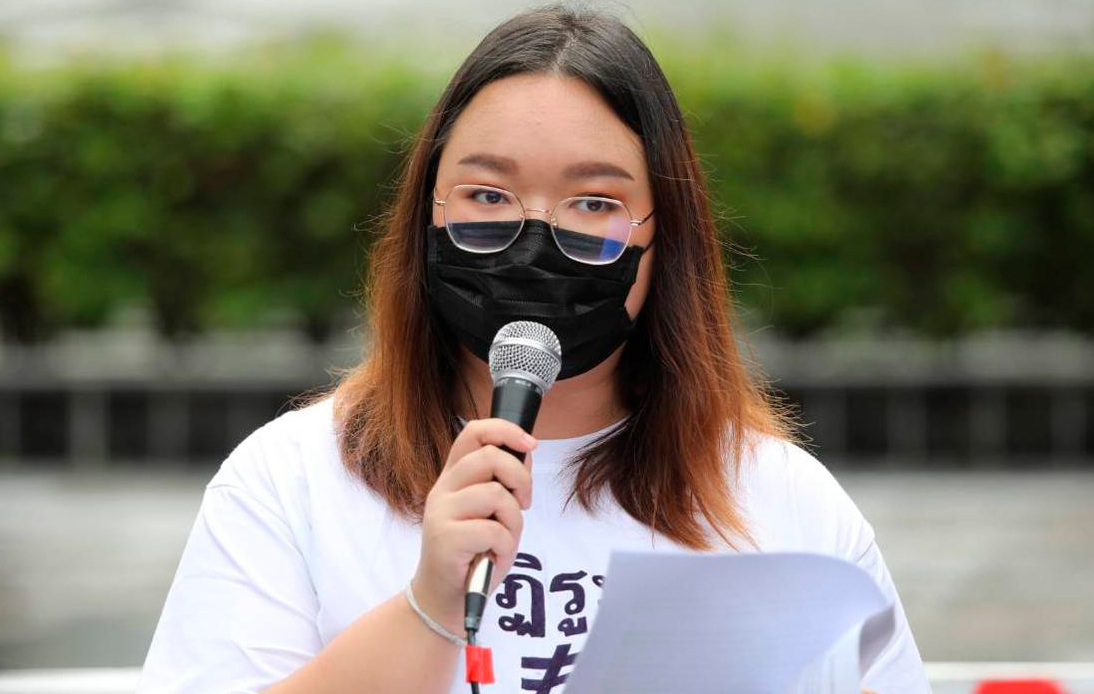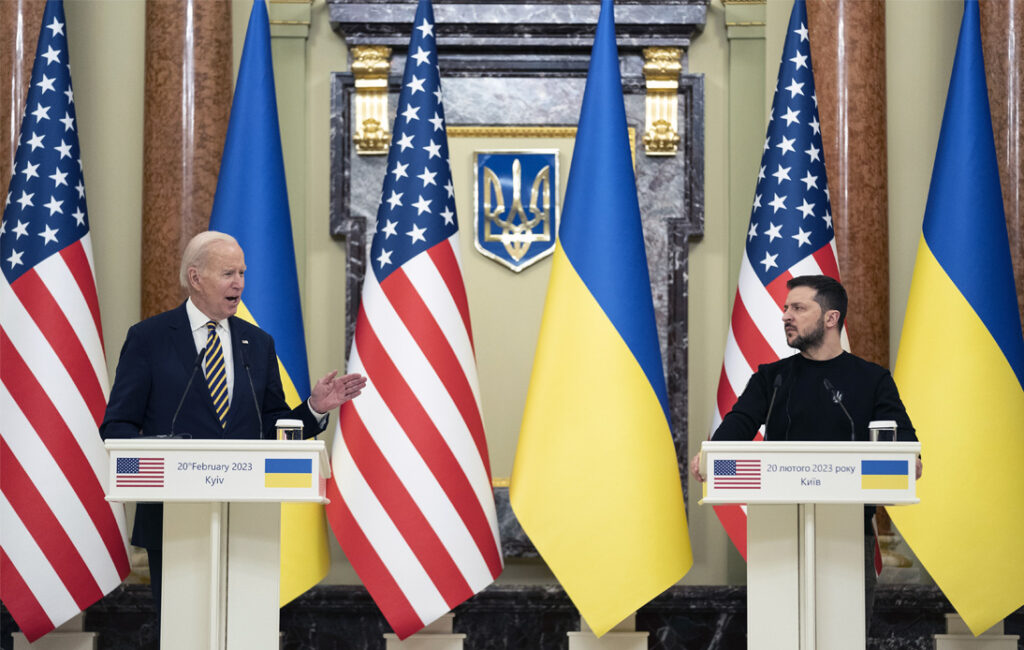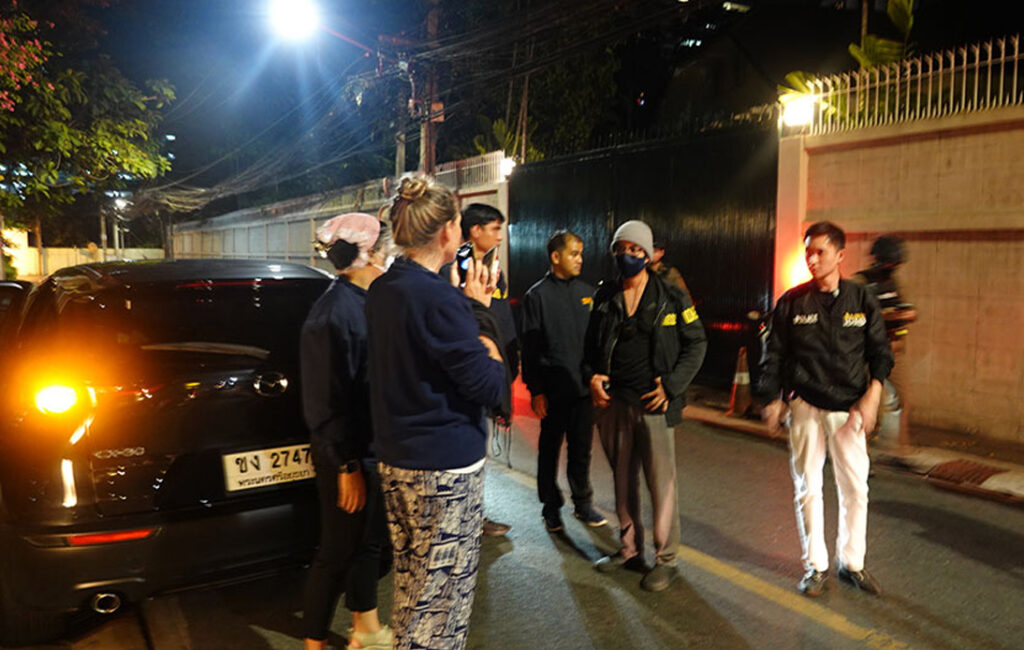
During Wednesday’s United Nations rights review, Thailand’s government defended its strict royal insults law after member states expressed concern about the number of young protesters arrested.
Since last year, young activists and student movements have organized anti-government protests, calling on authorities to reform the monarchy and repeal the controversial lese majeste law, which criminalizes criticism against the royal family.
However, according to human rights organizations, hundreds of protesters have since been arrested, with most of them facing harsh punishments under the strict law.
In Thailand, a country with one of the world’s strictest royal insult laws, anyone facing charges for defaming or insulting King Maha Vajiralongkorn or his family can face up to 15 years in prison.
A working group of the UN Human Rights Council conducted a universal periodic review on Wednesday, and some member states expressed concern about the nation’s rights record. Participating countries’ representatives urged the Thai government to amend the lese majeste law, arguing that it restricted freedom of expression.
Belgium, France, Finland, Canada, Sweden, Switzerland, Norway and Germany were among the states that asked the Thai authorities to revise it.
Also, the U.S. representative said they were concerned about the “expanded use” of the controversial law and how it affects freedom of speech.
However, Thai officials defended the law, saying it protected the monarch and national security.
Foreign Affairs Ministry’s representative Nadhavathna Krishnamra told the meeting that it “reflects the culture and history of Thailand, where the monarchy is one of the main pillars of the nation, highly revered by the majority of Thai people.”
The law’s existence also safeguards the country’s key institutions, Nadhavathna stated, adding that royal insults cases had been handled carefully.
Records compiled by the Thai Lawyers for Human Rights group show that at least 156 people, including 13 minors, face charges under the lese majeste law.
On Wednesday, a Thai court charged three activists, arrested for calling for the lese majeste law’s abolition and other royal reforms, with violating the constitution with a “hidden intention” to overthrow the monarchy.
Last week, a key opposition party proposed to parliament to revise the law. Other political parties made their position public in a rare discussion considered “off-limits” for decades, but the government said the law should not be repealed or revised.




















